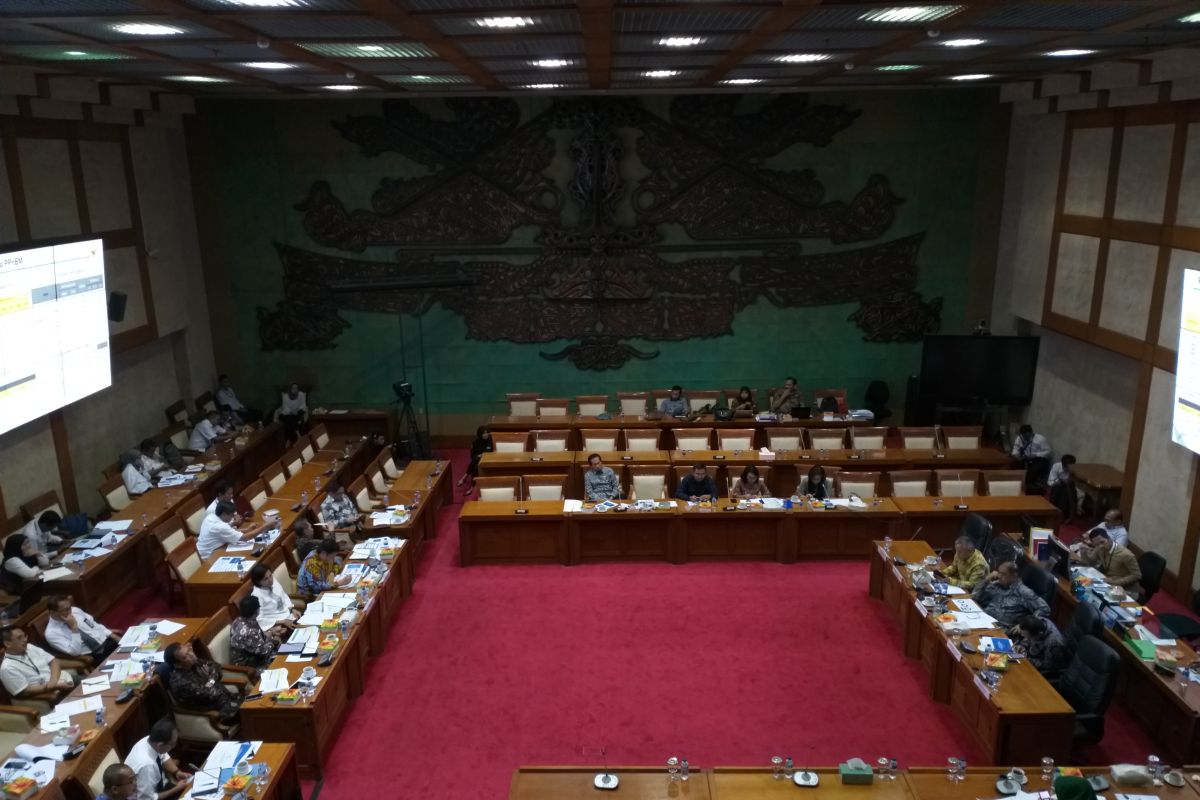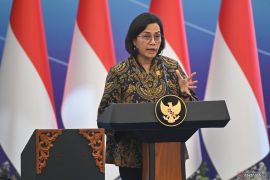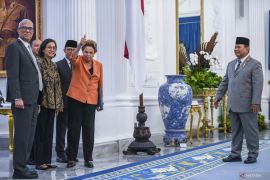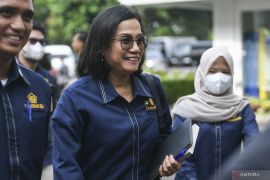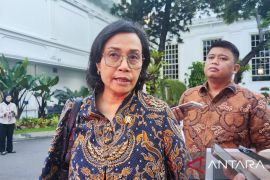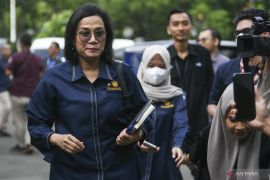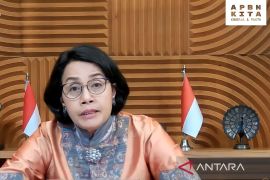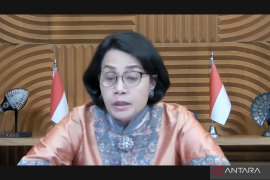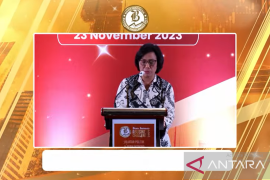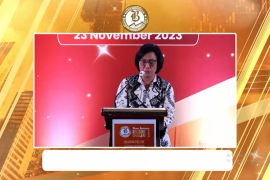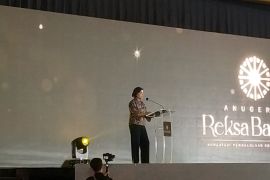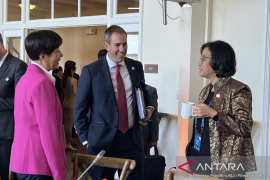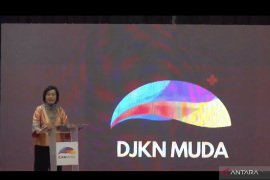tax schemeJakarta (ANTARA) -
Finance Minister Sri Mulyani Indrawati plans to change the scheme for imposing Sales Tax on Luxury Goods (PPnBM) for motorized vehicles, including no differentiation between sedans and non-motorized vehicles, and the imposition based on carbon emissions expenditure.
At a meeting with the House of Representatives' Commission XI in Jakarta, Monday, Indrawati, outlining the scheme changes, included the criteria for taxation based on engine capacity, fuel consumption, and the level of carbon dioxide (C02) emissions.
"The lower the emissions, the lower is the tax rate," Indrawati remarked.
The grouping of vehicles based on engine capacity will no longer apply for machines using fuel types, such as oil and gas. If this new scheme is established, it will be applicable for vehicles possessing engine capacity of less than or equal to three thousand cc and above three thousand cc.
There will be no distinction in terms of the grouping of the types of vehicles originally set apart for sedans and non-motorized vehicles.
Furthermore, the incentive program will be changed, from earlier only for Energy-Saving Vehicles and Affordable Prices (KBH2), to KBH2, hybrid EV/HEV vehicles, HEV Plug-in Vehicles, Flexy Engine Vehicles, and Electric Vehicles.
On the same occasion, Minister of Industry Airlangga Hartarto remarked that the new PPnBM scheme offered fiscal incentives to encourage industrialization, especially for the production of electric cars.
Hartarto highlighted the importance of fiscal incentives for the development of electric cars due to the high costs involved in producing and manufacturing them. In addition, changes in the PPnBM scheme include incentives to reduce the level of carbon emissions due to the use of motorized vehicles in Indonesia.
"There is an incentive in the proposed new PPnBM scheme that can be a fiscal facility. Hence, (the imposition of PPnbM) is based on emissions even though there is still equality in the cc category," he pointed out.
According to Indrawati and Hartarto, the new PPnBM scheme will only be implemented in 2021. The government feels the need to give the industry sufficient time to make the transition, so as to not disrupt business expansion.
At a meeting with the House of Representatives' Commission XI in Jakarta, Monday, Indrawati, outlining the scheme changes, included the criteria for taxation based on engine capacity, fuel consumption, and the level of carbon dioxide (C02) emissions.
"The lower the emissions, the lower is the tax rate," Indrawati remarked.
The grouping of vehicles based on engine capacity will no longer apply for machines using fuel types, such as oil and gas. If this new scheme is established, it will be applicable for vehicles possessing engine capacity of less than or equal to three thousand cc and above three thousand cc.
There will be no distinction in terms of the grouping of the types of vehicles originally set apart for sedans and non-motorized vehicles.
Furthermore, the incentive program will be changed, from earlier only for Energy-Saving Vehicles and Affordable Prices (KBH2), to KBH2, hybrid EV/HEV vehicles, HEV Plug-in Vehicles, Flexy Engine Vehicles, and Electric Vehicles.
On the same occasion, Minister of Industry Airlangga Hartarto remarked that the new PPnBM scheme offered fiscal incentives to encourage industrialization, especially for the production of electric cars.
Hartarto highlighted the importance of fiscal incentives for the development of electric cars due to the high costs involved in producing and manufacturing them. In addition, changes in the PPnBM scheme include incentives to reduce the level of carbon emissions due to the use of motorized vehicles in Indonesia.
"There is an incentive in the proposed new PPnBM scheme that can be a fiscal facility. Hence, (the imposition of PPnbM) is based on emissions even though there is still equality in the cc category," he pointed out.
According to Indrawati and Hartarto, the new PPnBM scheme will only be implemented in 2021. The government feels the need to give the industry sufficient time to make the transition, so as to not disrupt business expansion.
Reporter: Eliswan Azly
Editor: Suharto
Copyright © ANTARA 2019
